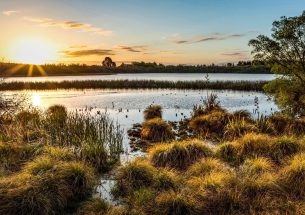News and Opinion

As a Black zoologist, a BAME network matters
READ MORE about As a Black zoologist, a BAME network matters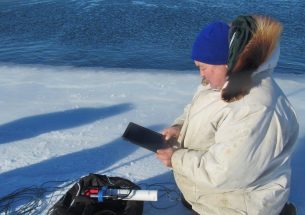
Indigenous knowledge still undervalued in environmental decisions
READ MORE about Indigenous knowledge still undervalued in environmental decisions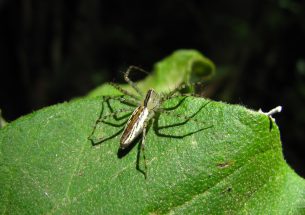
The multiple benefits of conserving native forest
READ MORE about The multiple benefits of conserving native forest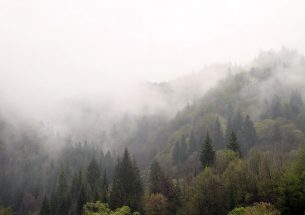
Biodiversity, Forestry and Wood: Reflecting on the Evidence
READ MORE about Biodiversity, Forestry and Wood: Reflecting on the Evidence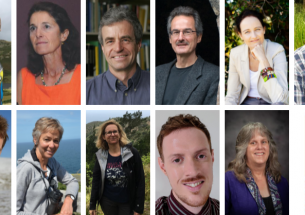
Announcing the 2020 British Ecological Society award winners
READ MORE about Announcing the 2020 British Ecological Society award winners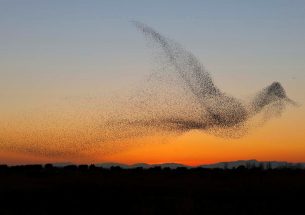
Younger generation fail to notice environmental decline due to generational amnesia risking conservation longevity
READ MORE about Younger generation fail to notice environmental decline due to generational amnesia risking conservation longevity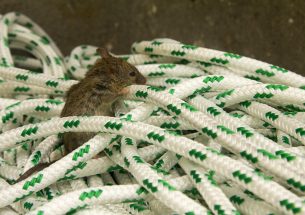
Tracking re-invasion of mice on offshore havens
READ MORE about Tracking re-invasion of mice on offshore havens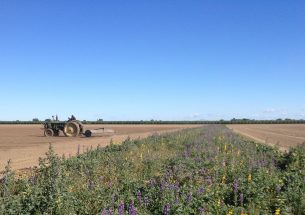
Bee neighbourly: sharing bees helps more farmers
READ MORE about Bee neighbourly: sharing bees helps more farmers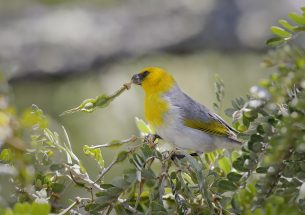
The forgotten fauna: introduced seed predators are no surrogate for extinct seed-eating animals on islands
READ MORE about The forgotten fauna: introduced seed predators are no surrogate for extinct seed-eating animals on islands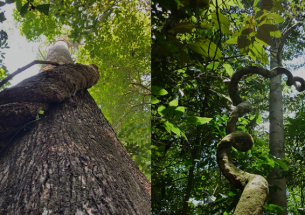
Lianas strongly impact forests in southern Amazonia
READ MORE about Lianas strongly impact forests in southern Amazonia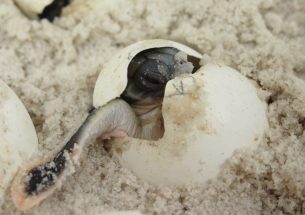
How temperature determines the sex of hatchling sea turtles
READ MORE about How temperature determines the sex of hatchling sea turtles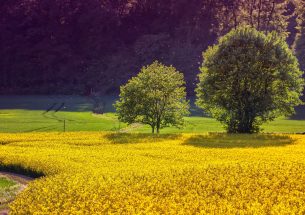
Insect diversity boosted by combination of crop diversity and semi-natural habitats
READ MORE about Insect diversity boosted by combination of crop diversity and semi-natural habitats
How fish stocks will change in warming seas
READ MORE about How fish stocks will change in warming seas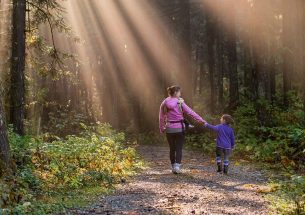
Childhood connection to nature has many benefits but is not universally positive, finds review
READ MORE about Childhood connection to nature has many benefits but is not universally positive, finds review